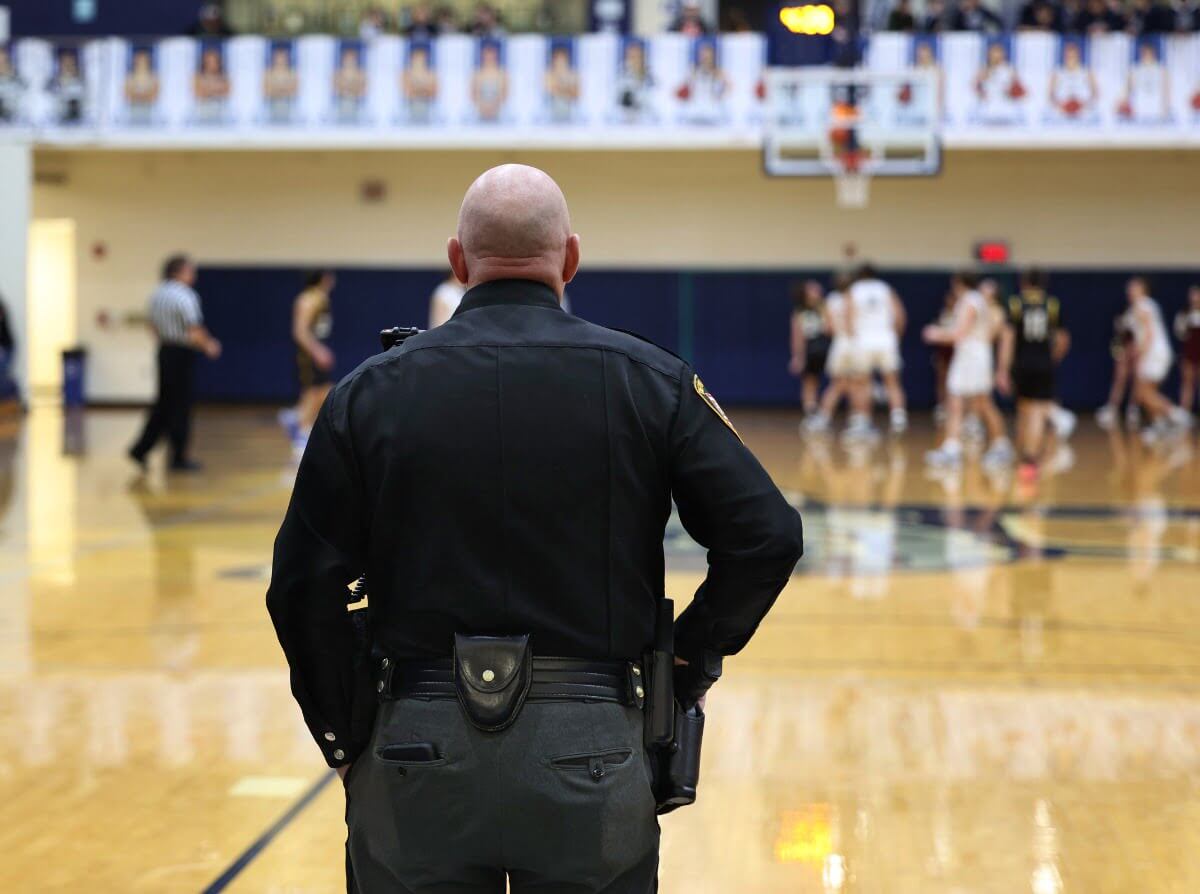The school-to-prison pipeline is a consistent national trend that has permeated school districts and prisons across the country. Texas is no exception. Zero-tolerance policies are the ring-leader in funneling students from their schools to prisons, criminalizing adolescents for minor infractions that could be dealt with inside the school, rather than the penal system.
In that respect, breaking school codes can lead to a path of unforgiving punishment that sets up a pattern of misbehavior without healthy intervention for a more positive, prosperous future.
Here’s the truth about the school-to-prison pipeline and what it looks like in Texas schools.
Aggressive School Codes Lead to the Criminalization of Students
It’s important to teach students right from wrong and discipline them for bad conduct and misbehavior. However, research has shown that the aggressive school codes put in place to discipline children often lead them down a path they can’t turn back from because of zero tolerance. And as a result, the school-to-prison pipeline is enabled instead of restorative justice initiatives that have been proven to be successful.
So, what are these zero-tolerance school codes? Out of school suspension and even expulsion for specific types of student misbehavior—no matter the context or rationale for said behavior.
Even if self-defense is a valid reason—and the truthful one—the policies enforced push students out of the classroom, where children are left to fill their time with unsavory activities due to their increased susceptibility and at-risk status.
Zero tolerance policies began being written into school handbooks in the 1990s, gaining traction from law enforcement’s broken windows theory, which says “visible signs of disorder and misbehavior in an environment encourage further disorder and misbehavior, leading to serious crimes.” Unfortunately, the evidence supporting this theory touted by Rudy Giuliani in the 90s of New York proved to be flawed. There was little evidence to show that disorder, when left unchallenged, causes crime.
In truth, the theory is incomplete and lacks the supporting theories and evidence to be valid. Despite this lack of validity, schools implemented the theory in their codes because it was a practice that made sense in theory. As such, they began cracking down on minor violations to prevent more serious crimes from happening in the future, pushing students down an unforgiving path when they make minor mistakes or infractions. What’s more, these policies disproportionately affect Black and Latino students, as well as students with disabilities, even though data suggests these students aren’t more likely to misbehave, according to the U.S. Commission on Human Rights.
Zero Tolerance Policies Lead to an Unforgiving Future for Students
A big part of zero-tolerance policy enforcement and aggressive school codes are giving police officers and the courts full control to punish students. Despite the lack of evidence to show that police officers increase school safety, “police officers are able to patrol campuses, arrest students, collaborate with federal immigration authorities and use force,” according to the Intercultural Development Research Association. And often, research shows their presence ends up harming students and school climates more than they help.
Once a student gets suspended or expelled in Texas, they may be sent to alternative schools called disciplinary alternative educational programs (DAEPs) or to juvenile justice alternative educational programs (JJAEPs). In addition to these programs, expelled students may simply be sent out onto the streets, leaving them to fend for themselves against dangerous lures and abusers.
As such, punitive punishments create academic and social barriers, making schools feel less safe for some students. In fact, a 2021 study by researchers from Boston University, the University of Colorado Boulder, and Harvard University found that schools with high suspension rates often lead to their students being arrested and jailed as adults, particularly for Black and Hispanic boys.
But all is not lost. The government, parents, and educators can still advocate for changes to the system that could help address the school-to-prison pipeline and support student rehabilitation and behavioral reform.
The Path to Eradicating the School-to-Prison Pipeline
Children are, in fact, the future. So, how can we better support them and eliminate the harmful school-to-prison pipeline? Find out below:
- Remove police or limit their role to serious threats of bodily harm.
- Limit long-term suspension and expulsion.
- Replace zero-tolerance policies with restorative justice programs and increased access to counseling resources.
- End corporal punishment of students.
- Promote disciplinary policies that keep students in the classroom and encourage positive collaboration with adequate supervision.
- Eliminate invasive monitoring systems.
If we don’t support the growth of our students by providing adequate resources and support, the school-to-prison pipeline will continue to ravage communities and leave children feeling alone in a world that seems to care less about them.
Delta Bail Bonds– Juvenile Bond Release
While we can all dream of a better future for our children as they pursue an education, advocate for less damaging punishments in schools, and do our best to them up for great things– mistakes happen. Unfortunately, if your child’s school has a zero-tolerance policy, things could quickly get out of hand. If your child is facing an arrest after years of severe punishment for minor indiscretions, give us a call. We’ll do whatever it takes to free your child from jail so you can help them get their life back on track. Click here to reach our Dallas or McKinney bail bond office.






